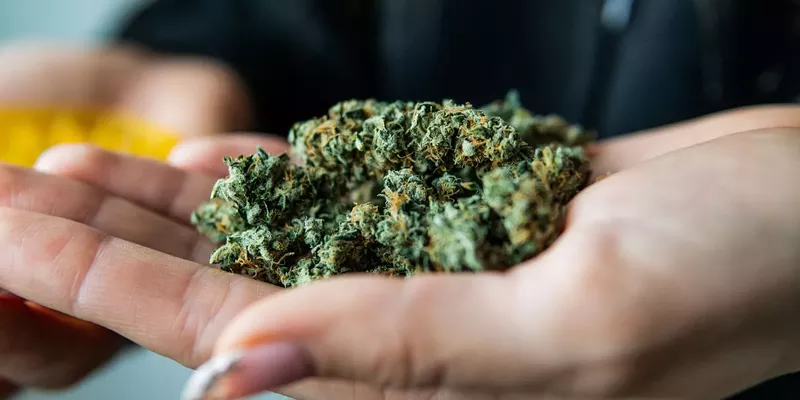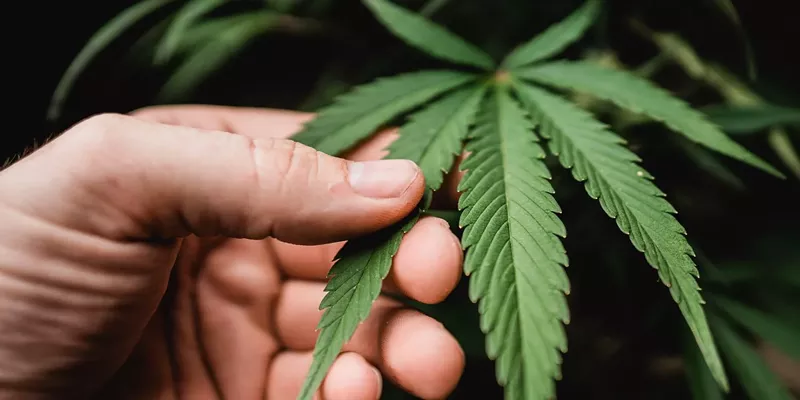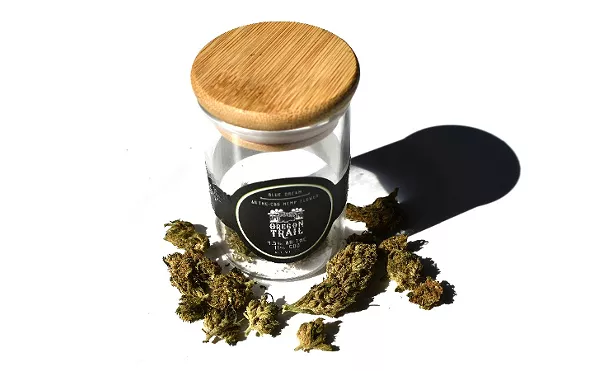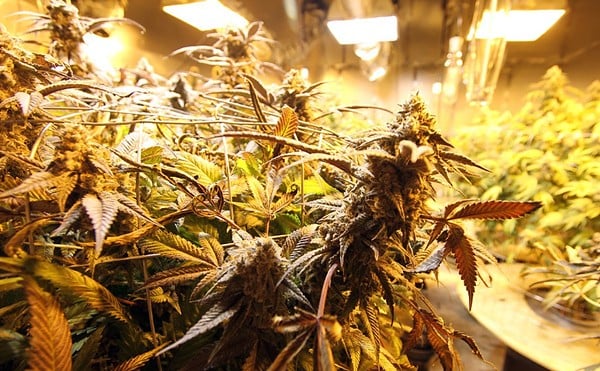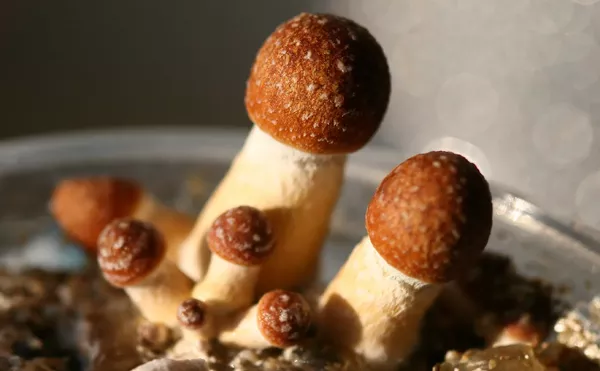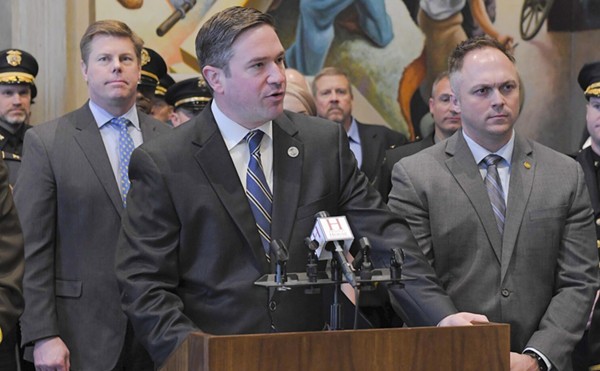Years ago, no one except for cannabinoid scientists, researchers, and writers had much to say about THCa. Sure, it’s a powerful anti-inflammatory, but what cannabinoid isn’t?
Fast forward to 2024, and THCa is the catalyst for a potential legal bomb that could explode the entire hemp agricultural industry to the tune of billions of dollars in losses.
THCa is just one of the 104 cannabinoids scientists currently know about that occur naturally in cannabis plants.
Like CBD, THCa (official name tetrahydrocannabinolic acid) often finds its way into federally legal hemp supplements because of its well-documented natural benefits. These include anti-inflammatory, antioxidant, and neuroprotective properties, among others.
Again, like CBD, CBG, and other legal therapeutic cannabinoids, THCa isn’t psychoactive. That is, unless you heat it up.
The process of decarboxylation, or heating cannabis, will convert THCa into THC. Even us non-scientists can see that these compounds are relatively similar, except for the ‘a’.
The ‘a’ refers to a carboxylic acid group that effectively goes away once THCa is heated over a certain threshold. This occurs when you smoke THCa, vape it, or bake it.
With the ‘a’ now missing, what you’re dealing with is good ol’ fashioned, psychedelic THC.
If you’re paying attention, this means people have been able to 100% legally purchase THCa products that need heating, like flower, joints, and vapes, and even get high. All without having to purchase marijuana, aka anything over 0.3% delta 9 THC by dry weight.
The Drug Enforcement Administration finally caught up with the psychoactive shenanigans, attempting to clear up the legality of THCa in an official letter written on May 13, 2024, by Terrence L. Boos, Ph. D and Chief of the DEA’s Drug & Chemical Evaluation Section.
First, Boos clarifies the federal legal status of THC as a controlled substance, or Schedule I drug, and that this includes specifically delta 9 THC at levels of 0.3% or more by dry weight.
He then reiterates what the federal government considers to be ‘hemp,’ and that’s anything with 0.3% or less delta 9 THC ‘on a dry weight basis.’
The DEA attempts to close the longstanding legal loophole for THCa by acknowledging decarboxylation's role in converting it into a psychoactive cannabinoid, delta 9:
“The ‘decarboxylation’ process converts delta-9-THCA to delta-9-THC. Thus, to enforce the hemp definition, the delta-9-THC level must account for any delta-9-THCA in a substance.”
Now, all the ‘hemp’ producers who want to sell federally legal products would have to account for THCa in the total content of delta 9 THC per dry weight to account for decarboxylation.
This directly impacts the production, sales, and consumption of THCa flower, THCa vapes, and any THCa that gets heated. That’s a given.
But, the controversy over THCa threatens to shut down much more than just the production of THCa-specific products. Farmers and producers have been operating under the established delta 9 thresholds since day one, which means no one’s been worried about THCa levels.
These producers are cultivating hemp with specific genetics, sometimes which are meticulously developed to bring out the most therapeutic benefits cannabis has to offer.
There are many beneficial hemp strains out there, giving people with different wellness issues natural relief, all while turning a profit for the hemp industry.
How many of these high-quality, profitable strains have high THCa levels?
Over the years, I’ve seen hundreds of cannabinoid profiles for legal hemp supplements. High-grade, full-spectrum hemp extracts, especially those targeted to relieve pain and inflammation, often contain THCa as well as other cannabinoids. Many consumers want to see this in a lab report, as it points to potency and a more synergistic experience.
Now, all these THCa products appear to be at risk from the all-seeing eye of the DEA. However, not all legal minds agree with the new, nuanced classification of hemp put forth in the recent letter. As Rod Kight, international cannabis attorney and advocate, explains on his cannabis law blog:
“Post-harvest (i.e., post-production), the 2018 Farm Bill’s definition of hemp clearly states that the delta-9 THC levels are what matters, not the levels of THCa.”
He argues that the Farm Bill’s details currently do not suggest that a decarboxylation test for THCa would be legal.
However, the current Farm Bill is about to run out, expiring at the end of the month on September 30th. And there’s a proposed amendment that would put THCa under current restriction for total delta 9 THC content: a piece of legislation that, if passed, will devastate small hemp producers and large ones alike with new financial burdens.
The Mary Miller Amendment, introduced by Rep. Mary Miller, R-Ill., could potentially cost the hemp industry billions of dollars, with the agricultural sector being hit hardest and fastest.

